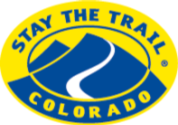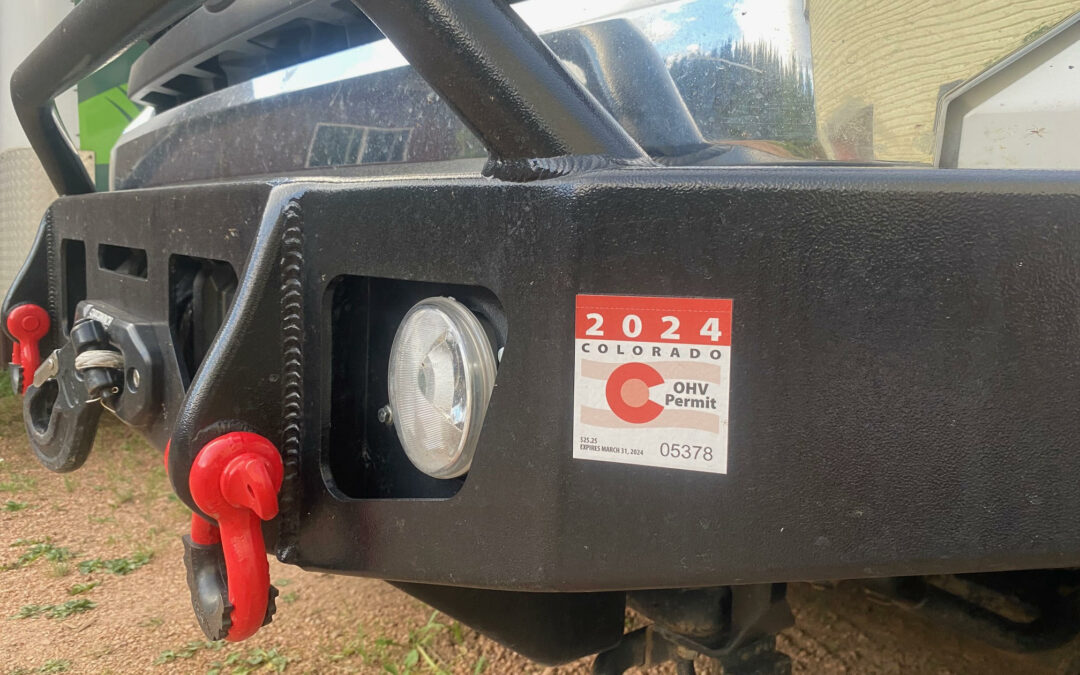The talk of social media lately is revolving around the need for an OHV permit for plated vehicles.
Definitions
A lot of this confusion is based on the definitions of a “road” and a “trail“. While the definitions seem to be interchangeable for the off-road community, they actually identify the classification of the route in a land management agency capacity.
A “road” is defined as: A motor vehicle route over 50 inches wide, unless identified and managed as a trail. (36 CFR
212.1)
A “trail” is defined as: A route 50 inches or less in width or a route over 50 inches wide that is identified and managed as
a trail. (36 CFR 212.1)
How these two differ in management falls under the maintenance and funding agreements. “Roads” are funded by, and fall, under engineering, road/bridge, county, state, or other agency for maintenance, upkeep, and authority. “Trails” are maintained and funded ONLY through trail designated funding. Most of the “trail” funding comes through both motorized and non-motorized trail grants, donations, volunteers, trail crews, and limited designated funds. License Plate or vehicle registration money goes back into the state and county, which fall under “roads“, NOT “trails“.
Off-Highway Vehicles (OHVs) include:
- Dirt bikes, all-terrain vehicles (ATVs), utility-terrain vehicles (UTV)/side by sides (SxS), three wheelers and buggies, and;
- Plated, street-legal vehicles, full-size 4 x 4s or plated motorcycles when operating on OHV designated TRAILS in Colorado.
So which roads are considered trails in Colorado that require an OHV permit for my plated vehicle?
We have compiled a list of the full-sized trails in Colorado which can be found here: LIST
Where do I buy an OHV permit for my plated vehicle?
Colorado Parks and Wildlife is the authority for OHV permits and registrations in the state of Colorado. Go to their page for permit related purchasing questions and more: CPW OHV Permits
Where does the money go?
- OHV owners and operators;
- Local, state and federal land managers who can use the funds to better manage natural resources;
- Towns and counties that want to attract OHV riders to enhance their local economies; and
- The general public; educated OHV enthusiasts are more conscientious and better stewards of the land.
Learn more about the CPW trail grants here: CPW Trail Grants
How is this enforced?
The authority of enforcement for the requirements of an OHV permit can be found at both the state and federal level.
State Level:
2022 Colorado Code
Title 33 – Parks and Wildlife
Article 14.5 – Off-Highway Vehicles
§ 33-14.5-112. Off-Highway Use Permit – Fees – Applications – Requirements – Exemptions – Rules
1 a. No later than January 1, 1990, the division of parks and recreation shall devise a plan for implementation of the off-highway use permit program.
b. On and after January 1, 1991, the owner of every vehicle required to be registered pursuant to article 3 of title 42, C.R.S., and the owner or operator of every motor vehicle and off-highway vehicle from another state or country, when such vehicle is being used for recreational travel upon designated off-highway vehicle routes, shall obtain and display on such vehicle an off-highway use permit.
2. Off-highway use permits shall be sold by the agents referred to in section 33-12-104, and the fee to be paid for the permits must be in the amount provided by the commission by rule.
3. Off-highway use permits, when issued on April 1, shall be valid for a one-year period, which runs from April 1 through the following March 31. All permits issued during the year at any time after April 1 shall expire on the following March 31.
4. Off-highway use permits shall be displayed as required by the division.
More information can be found here: Colorado Code Title 33 Parks and Wildlife Article 14.5 Off-highway Vehicles
Federal:
It is prohibited to operate any vehicle off National Forest System, State or County roads:
(i) In violation of State law established for vehicles used off roads.

